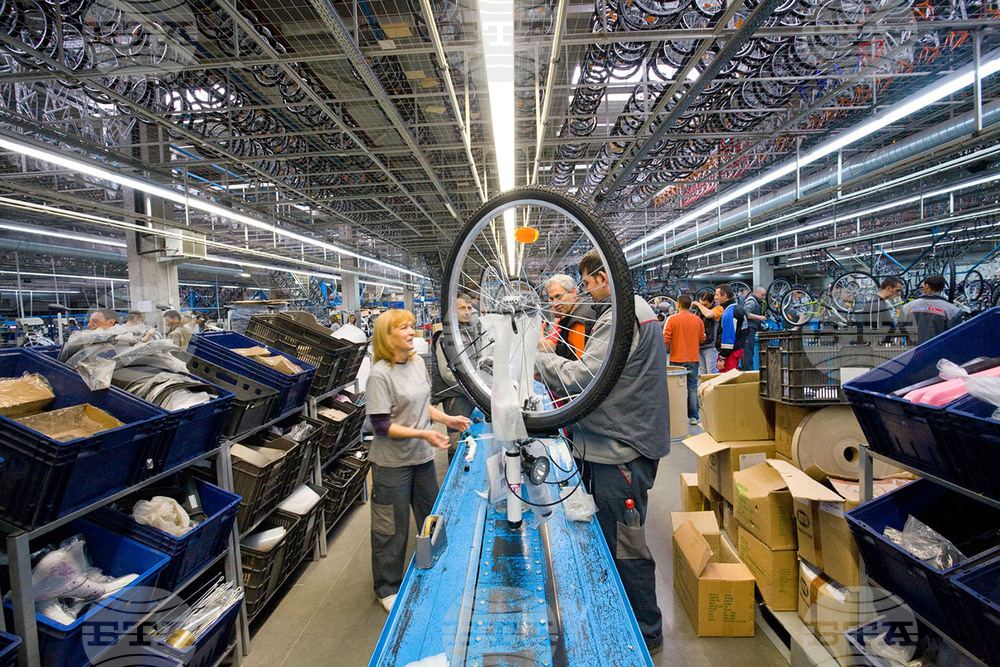site.btaBulgaria Is Europe's Second Largest E-Bike Assembler - Expert


Bulgaria has become a leading electric bicycle assembly hub in Europe, Nikolai Boyadzhiev, Economic Director at Plovdiv-based Maxcom company, said on Bloomberg TV Bulgaria on February 16.
/VE/
news.modal.header
news.modal.text